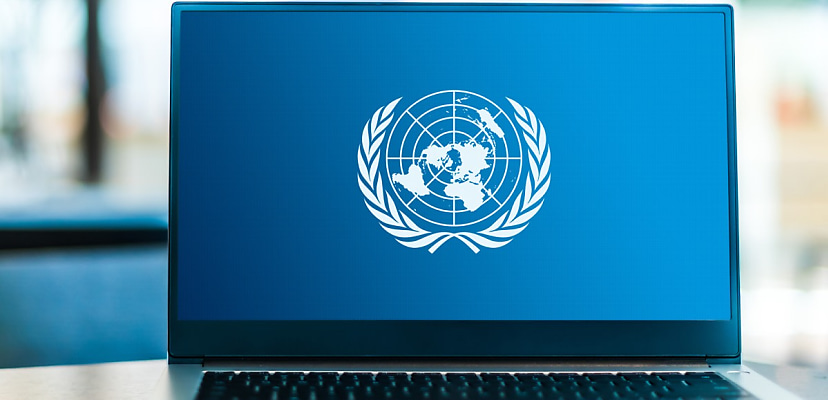Share this article on:
Powered by MOMENTUMMEDIA
Breaking news and updates daily.
The United Nations (UN) has put forward recommendations to fight the spread of online hate, misinformation and disinformation.

Speaking at the launch of the United Nations Global Principles for Information Integrity, UN Secretary-General António Guterres said the spread of hate speech and disinformation/misinformation were a threat to democracy and human rights and that developing technologies have supercharged this phenomenon.
“The United Nations Global Principles for Information Integrity aim to empower people to demand their rights,” he said.
“At a time when billions of people are exposed to false narratives, distortions and lies, these principles lay out a clear path forward, firmly rooted in human rights, including the rights to freedom of expression and opinion.”
Guterres pleaded for governments and organisations in technology, advertising and PR to take responsibility for “the spread and monetisation of content that results in harm”, according to a UN press release.
Additionally, following consultations with UN member states, academic institutions, the private sector, youth leaders, media and civil society, the UN had a number of principles and recommendations for organisations and governments to adopt to protect global citizens from hate speech and misinformation/disinformation.
Firstly, governments and organisations should “refrain from using, supporting or amplifying disinformation and hate speech”.
Next, governments should provide their citizens with free, independent and timely access to information and a media landscape that is diverse, with journalists and researchers protected.
Tech companies should develop products that are safe and secure by design. They should also “scope business models that do not rely on programmatic advertising and do not prioritise engagement above human rights, privacy and safety, allowing users greater choice and control over their online experience and personal data.
Those who are stakeholders in AI technologies and the companies that develop them should immediately ensure that AI tools are developed ethically, responsibly, securely and used in safe and appropriate ways.
Advertisers and tech companies should demand transparency in their processes, not spreading or funding dangerous disinformation or hate. Tech companies should also allow researchers and academics “access to data while respecting user privacy, commission publicly available independent audits and co-develop industry accountability frameworks”.
Finally, governments and organisations should take special care to empower and protect children, providing parents, guardians, and educators with the tools to protect them from hate and misinformation.
Civil society representatives have welcomed the new recommendations, echoing the UN’s call to fight the spread of hate speech and misinformation and disinformation.
“The launch of the UN Global Principles for Information Integrity marks a significant milestone in the fight against mis- and disinformation. The United Nations, as a convener of the global community, plays a crucial role in addressing the unprecedented challenges facing our world, from pandemics to climate change,” Jennie King, director of climate research and policy at the Institute of Strategic Dialogue, said.
“These crises demand solutions built on informed consensus and robust civic discourse. However, the foundations of such dialogue are eroding under the relentless assault of mis- and disinformation, which corrodes public trust and undermines social cohesion.
“The fight for information integrity is therefore a collective imperative, essential for the survival of our democracies, the health of our communities, and the future of our planet.”

Be the first to hear the latest developments in the cyber industry.